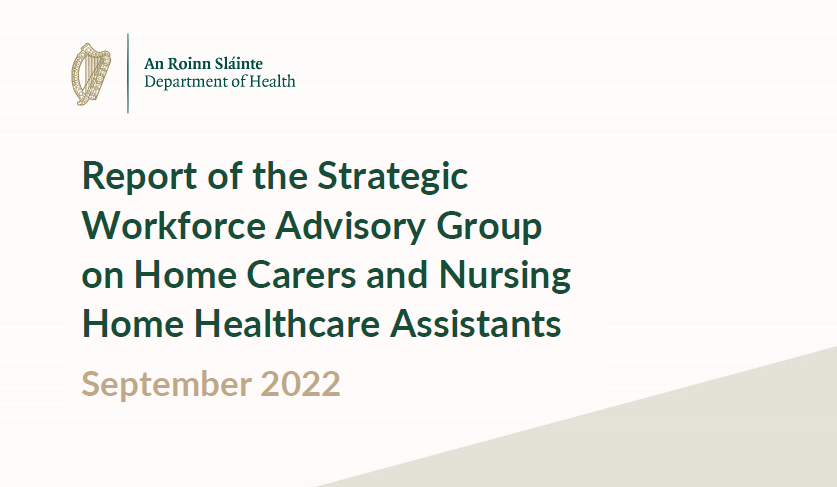SIPTU Nursing and Midwifery Sector Welcomes Government approval of additional supports for Student Nurses and Midwives
SIPTU’s Nursing and Midwifery Sector has today (December 13th 2022) welcomed an announcement from Minister for Health, Stephen Donnelly, that it is his intention to provide additional supports for student nurses and midwives to the value of €9m.
In November 2021, the Minister published the Longer-Term Review of Matters Relating to Student Nurses and Midwives (McHugh Report). The review, carried out by Mr. Seán McHugh, made a number of recommendations that would enhance the pay and conditions of student nurses and midwives. Today, Minister Donnelly announced government approval for funding the following, in line with the recommendations in the McHugh report:
1) An enhanced Travel and Subsistence Scheme for student nurses and midwives in years 1 to 3 of their studies will see each receive €500 per year as a targeted measure to contribute towards meeting the extra costs of meals associated with practice placements outside the student’s core placement site.
2) A new rate of €80 for overnight accommodation is being introduced, along with an increased weekly cap of €300, for those students who require accommodation away from their normal place of residence while attending practice placements. This weekly cap is three times the cap introduced on 1st January 2022, and almost six times the previous cap.
3) Student nurses and midwives can also avail of, on a vouched basis, the reasonable cost of uniform laundry services during periods of overnight accommodation.
4) Pay will be re-instated at 80% of first year staff nurse/midwife pay scale, for internship students.
5) Two additional uniforms for student nurses and midwives at the start of their internship.
Speaking after the announcement, SIPTU Sector Organiser, John McCamley said “The announcement of government approval for funding to implement these elements of the McHugh report is welcomed. It follows a long-fought campaign by our members to address some of the financial hardships faced by student nurses and midwives during their placements; and we are hopeful that it will go some way towards encouraging people into the profession.”
“The Union will now be engaging with the Department of Health to ensure that these measures will be implemented without delay, now funding has been approved.”

